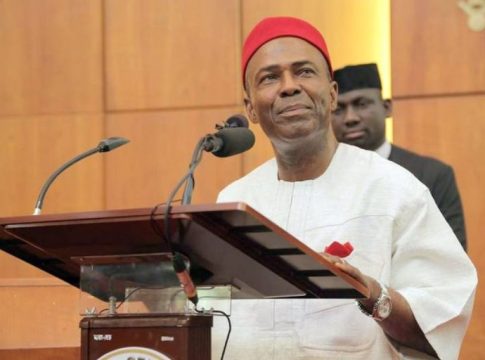The Nigerian House of Representatives has decided to launch a comprehensive investigation into the activities of the Ministry of Foreign Affairs.
This decision stems from concerns that the ministry may not be fulfilling its mandate effectively, given reports of Nigerians facing severe hardships abroad, including harsh imprisonment conditions.
Prompted by a motion introduced by the House Committee on Foreign Affairs, which emphasized the critical need to ensure the benefits of government reforms reach Nigerian missions overseas and align with the foreign policy agenda, the House has taken a serious interest in the operation of the ministry.
Representative Ben Etanabene emphasized that, “Despite the government’s efforts to enhance service delivery and initiate the 4Ds, which are Democracy, Development, Demography, and Diaspora, as the driving foreign policy principle, many Nigerians continue to confront consular service challenges.”
The plight of Nigerians dealing with visa issues, unlawful detention, poor treatment of Nigerian business owners overseas, and struggling Nigerian students, are just some of the issues highlighted.
READ MORE: Nigeria’s Labour Ministry Broadens Focus to Spur Economic Growth
He said “several modes of visa applications are in force including express services with huge cost paid by applicants who are sometimes denied visas after such payments”
“In addition to the Ministry of Foreign Affairs’ budget from the government, it also benefits from intervention funds and revenues generated by missions, yet there are questions over the effective use of these resources”.
Complaints have arisen regarding employment practices, appointments, transfers, and disciplinary measures within the ministry and its missions, which purportedly impact morale and service delivery.
Additionally, there are concerns about the management of Nigeria’s international properties and assets, with many either being underutilized or outright abandoned.
The House of Representatives deems it vital to address these issues promptly to avoid the loss of lives and properties, impediments to visa and consular services, potential for financial mismanagement, and the undermining of government reforms and foreign policy initiatives.
If left unexplored, these issues could have longstanding negative effects on Nigeria’s foreign affairs operations and its international reputation.




